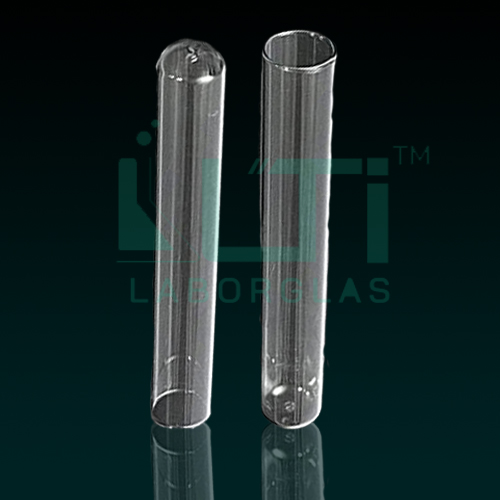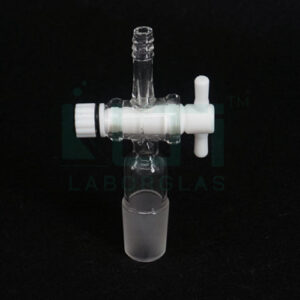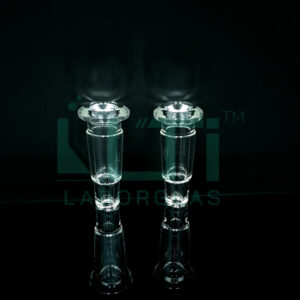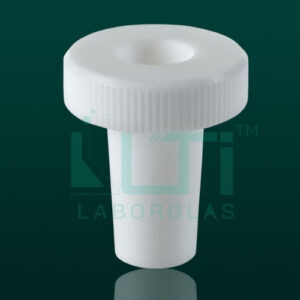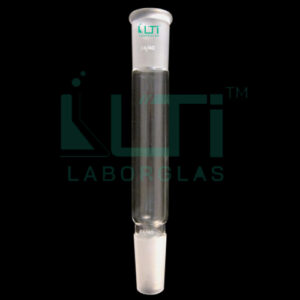- Made from ASTM E-438 Type-1 Class A, Boro 3.3 glass
- Without Rim EN ISO-4142
- Uniform wall Thickness
- Excellent heat transfer
| PART No. | Capacity (ml) | O.D. x Length (mm) | Thickness (mm) | PACK Qty. |
| 7400-3 | 3 | 10 x 75 | 1.0 | 100 |
| 7400-5 | 5 | 12 x 75 | 1.0 | 100 |
| 7400-6 | 6 | 12 x 100 | 1.0 | 100 |
| 7400-13 | 13 | 15 x 125 | 1.2 | 100 |
| 7400-15 | 15 | 15 x 150 | 1.2 | 100 |
| 7400-27 | 27 | 18 x 150 | 1.2 | 100 |
| 7400-45 | 45 | 20 x 150 | 1.2 | 100 |
| 7400-38 | 38 | 25 x 100 | 1.2 | 100 |
| 7400-55 | 55 | 25 x 150 | 1.2 | 100 |
| 7400-60 | 60 | 25 x 200 | 1.2 | 100 |
| 7400-100 | 100 | 32 x 200 | 1.4 | 50 |
| 7400-150 | 150 | 38 x 200 | 1.4 | 50 |
Here are potential uses and features of reusable test tubes without rims that adhere to ISO standards:
- ISO Standards Compliance: ISO standards ensure that the test tubes meet specific quality and performance criteria. The tubes may adhere to ISO standards related to dimensions, materials, and other specifications to ensure consistency and reliability in laboratory use.
- Reusability: The test tubes are designed to be reusable, allowing for multiple applications and experiments. They can be cleaned and sterilized for repeated use, reducing the need for frequent replacements.
- Smooth, Rimless Design: The absence of a rim makes these test tubes easy to clean and facilitates smooth pouring and transfer of liquids. It also ensures that there are no residual substances clinging to the rim, minimizing the risk of contamination.
- Chemical Compatibility: The materials used in the construction of these test tubes are likely chosen for their chemical resistance, making them suitable for a variety of chemical reactions and experiments.
- Heat Resistance: Reusable test tubes may be designed to withstand high temperatures, allowing them to be used in applications involving heating or boiling of samples.
- Versatile Laboratory Applications: These test tubes may find use in various laboratory applications, including sample storage, mixing of reagents, chemical reactions, and other experiments where a rimless, reusable design is advantageous.
- Sample Storage: Test tubes without rims may be suitable for the storage of liquid or solid samples. The absence of a rim allows for easy pouring and retrieval of samples without the risk of spillage.
- Precision Measurements: Test tubes adhering to ISO standards often have precise measurements, facilitating accurate volume determinations and ensuring consistency in experimental procedures.
- Educational Laboratories: These test tubes may be used in educational settings for teaching basic laboratory techniques and principles.
- Environmental Considerations: Reusable test tubes contribute to sustainability efforts by reducing the generation of laboratory waste associated with disposable tubes.
- Sterilization: The tubes may be autoclavable, allowing for effective sterilization and maintenance of aseptic conditions in the laboratory.

